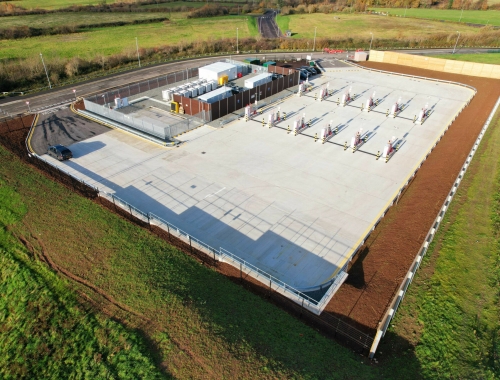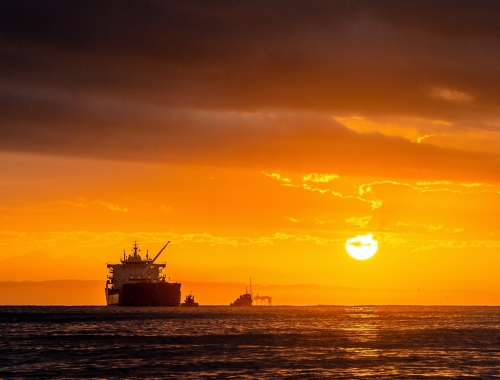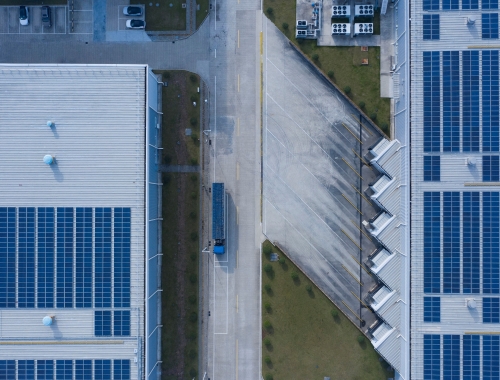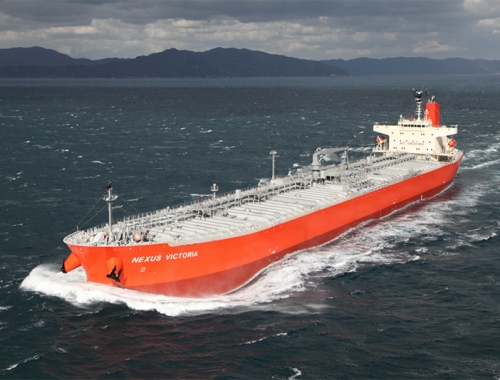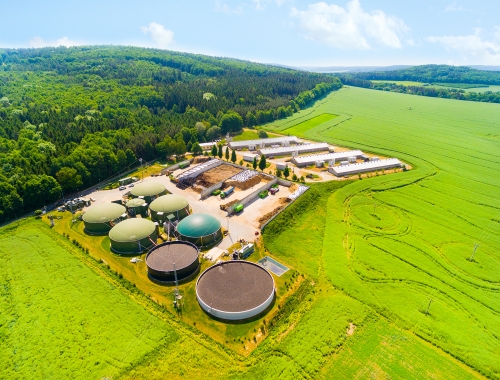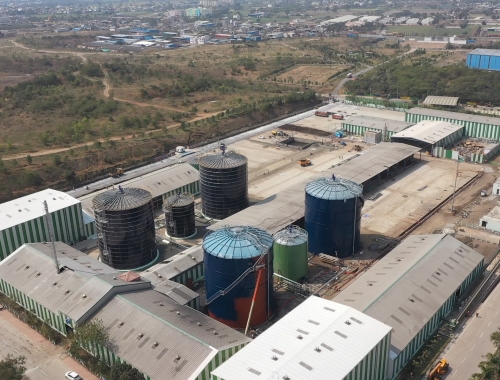Harbour Energy, BP agree to develop Viking CCS project
SUMMARY
The project could be operational as early as 2027 and potentially store up to 10mn metric tons/yr of CO2 by 2030.
By Shardul SharmaPOSTED IN:
Harbour Energy and BP have entered into an agreement to develop the Viking CCS project in the North Sea, Harbour said on April 11.
Under the terms of the agreement, Harbour will be the operator of Viking CCS project with a 60% interest and BP will have a 40% non-operated share. Located close to the Humber region, Viking CCS has the potential to meet one-third of the UK government’s target to capture and store up to 30mn metric tons/year of CO2, Horbour said.
The announcement follows the UK government’s recent decision to launch Track 2 of its CCS cluster sequencing process, and its recognition that Viking CCS is one of two leading transport and storage system contenders for this process.
The project could unlock up to £7bn ($8.7bn) of investment across the full CO2 capture, transport, and storage value chain over the next decade, creating over 10,000 jobs during construction, and providing an estimated £4bn of gross value add to the Humber and its surrounding areas, the company added.
Harbour and BP are already partners in the Lincolnshire Offshore Gas Gathering System pipeline which is intended to be repurposed as part of the project.
“This provides a unique, low-cost opportunity to connect customers to the depleted Viking gas fields, which recently had their 300mn mt of CO2 storage capacity independently verified,” Harbour said.
Viking CCS also has access to a planned new CO2 shipping terminal at Associated British Ports’ Port of Immingham, with the potential for shipped CO2 from dispersed emitters elsewhere in the UK and internationally to be transported for permanent storage within the Viking fields.
Harbour said that a final investment decision is expected in 2024. The project could be operational as early as 2027 and potentially store up to 10mn metric tons/yr of CO2 by 2030.

